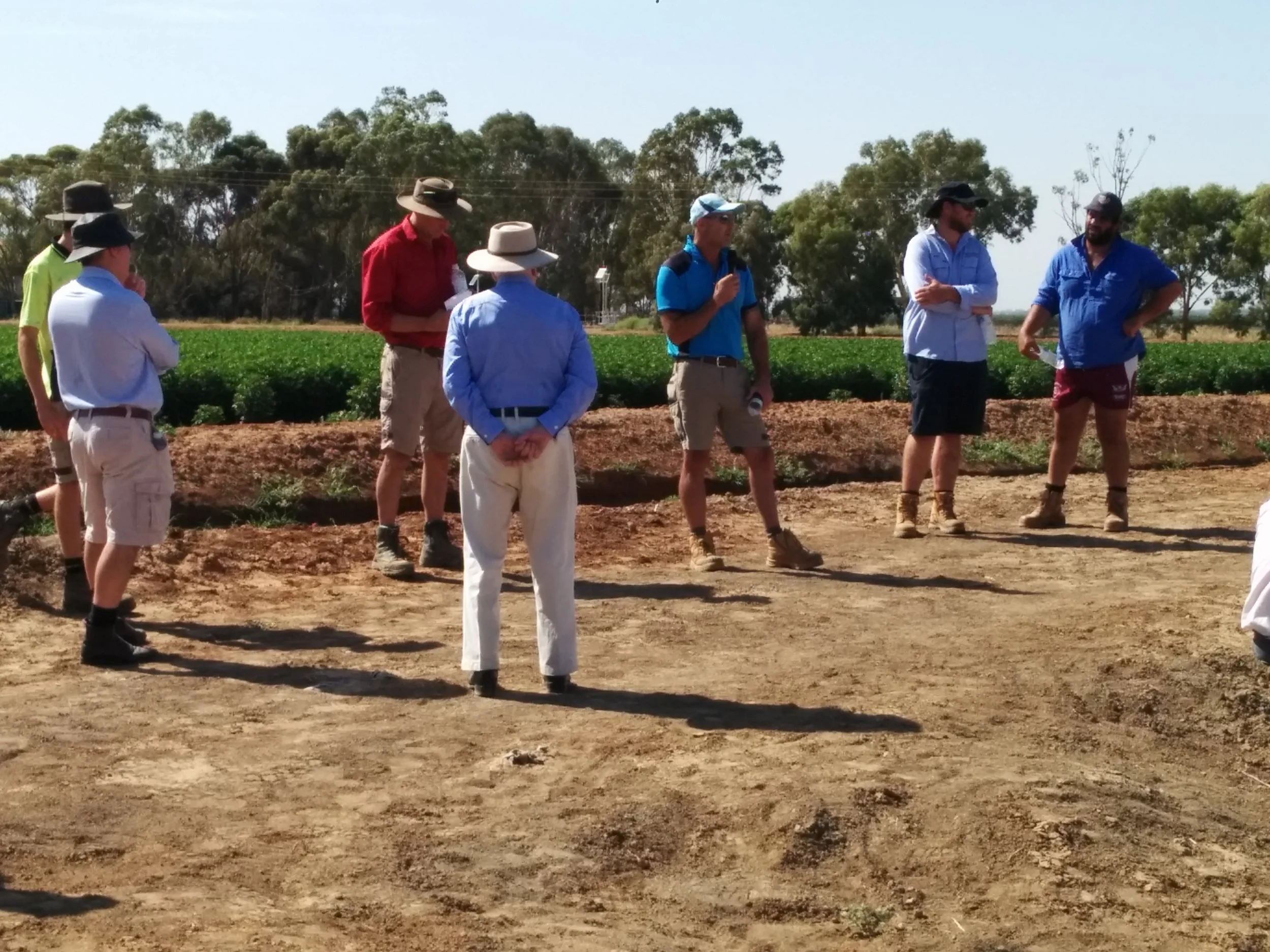Jana Hocken is a dairy farmer and “lean farming” consultant. After an international career in engineering at Toyota, including training staff in the principles of lean manufacturing to increase efficiency, eliminate waste, and encourage continuous improvement from the team, Jana moved to farm in New Zealand with her husband. At the time, she knew very little about agriculture, but she quickly realized that the principles of lean could also be applied at her own farm….and on many others.
New Zealand’s dairy pollution problem: how an urgent issue is driving innovation
New Zealand is on a mission to clean up its waterways and restore its ‘clean and green’ image, after the problems of nitrate runoff from dairies made international headlines. It’s now requiring all farmers with over 20ha to report on their pollution levels and sustainability measures. In this episode, dairy farmer Mat Hocken and sustainability veteran Brdgit Hawkins discuss what these regulations mean for innovation and whether they will act as a driver for agtech adoption.
Episode 49: Rachel Hay on the role of women in agtech adoption
This week, Dr. Rachel Hay, social scientist at James Cook University and boutique pig farmer, shares insights from her PhD on the role of women in agtech adoption. Published in 2014, Rachel’s findings still hold true and could be helpful for agtech companies looking to understand the industry and develop marketing strategies that can cut through the noise.
Episode 37: Anthony Rudd, I-AG
Anthony began as John Deere Australia’s first integrated solutions manager. John Deere’s precision ag technology was tested in the USA and then brought to Australia. Anthony was integral in joining the technology to the dealership, and then helping connect the value to the grower. After leaving John Deere, Anthony, not wanting to abandon the relationships he had fostered but also recognizing the gaps in the market around managing on-farm data, founded I-AG. I-AG aims to bridge the gap between, “I’ve bought this piece of equipment and we can’t get it to work” and “I can now use and harvest the data to benefit my production”.





